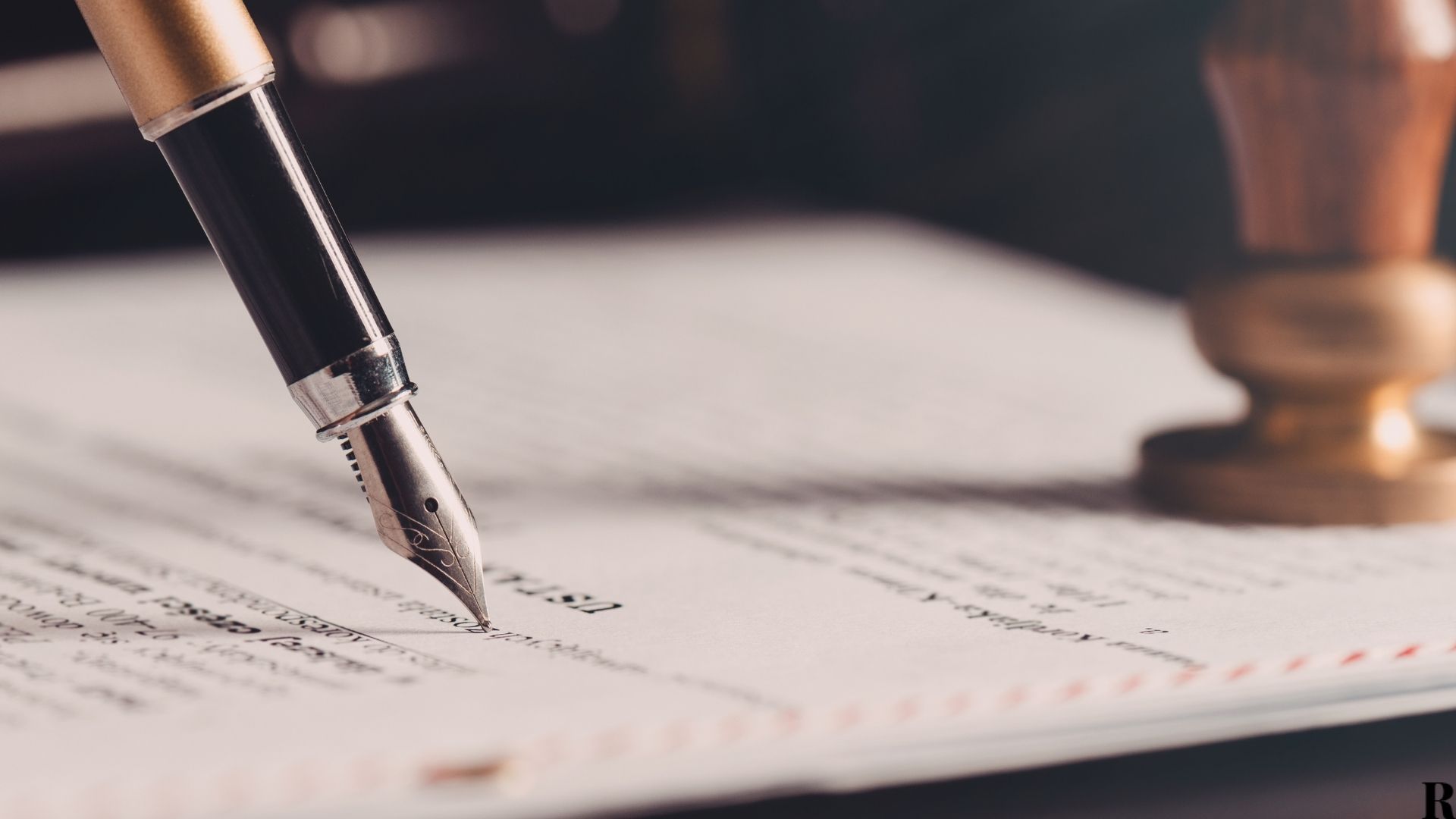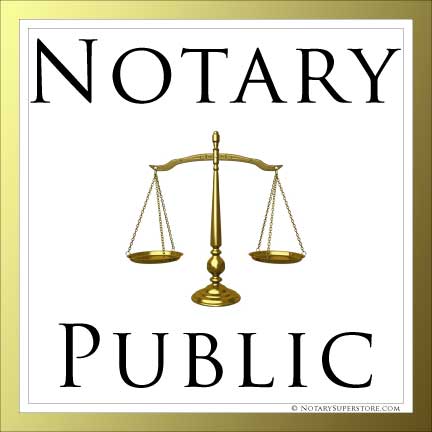Demystifying Notarial Work: Simplifying the Function and Relevance of Notaries
In the intricate web of lawful documentation and confirmation, notaries stand as pillars of assurance and authenticity. Their role, typically shrouded in enigma for several, carries substantial weight in guaranteeing the credibility and integrity of crucial records. As guardians of validity and fact, notaries play a critical part in our society, yet their work is not constantly totally comprehended. By unraveling the complexities bordering notarial methods and shedding light on the significance of their acts, a more clear understanding arises of the essential role notaries play in promoting the material of lawful and legal arrangements.
The History of Notarial Job
Exactly how did notarial job develop over time to become an essential component of legal and business deals? The history of notarial job dates back to old human beings, where scribes played a vital function in recording vital info and verifying files. As societies advanced, the need for an extra formalized system to guarantee the validity of contracts arose. This brought about the advancement of notaries, people assigned by the state to function as unbiased witnesses in legal matters.
During the Middle Ages, notaries acquired importance in Europe, with their features broadening to consist of preparing lawful papers, accrediting trademarks, and preserving records. The increase of international trade better emphasized the value of notarial job in verifying contracts and contracts throughout borders.
In the contemporary period, notaries remain to play an important role in lawful and organization deals by confirming identities, verifying the credibility of documents, and avoiding fraudulence. Their function in certifying the credibility of arrangements includes a layer of protection and trust fund to the ever-evolving landscape of business and law.

Responsibilities and Obligations of Notaries
Notaries play an essential function in confirming the credibility of records and the identification of notaries. One of their main duties is to witness the finalizing of crucial files, such as actions, contracts, and wills, to make certain that all events are entering right into arrangements purposefully and voluntarily.
They accredit duplicates of initial records, giving guarantee to institutions that the duplicates are real replicas of the originals. Generally, the tasks and responsibilities of notaries are vital in protecting the integrity and legitimacy of numerous records and purchases - Notary.
Notarial Certificates and Signatures
Exemplifying precise interest to detail, notarial certificates and signatures offer as essential elements in confirming the credibility of lawful files. Notarial certificates normally consist of vital information such as the day of notarization, the names of the signatories, a summary of the file, and the notary's official seal. These certificates supply a clear record of the notarial act, ensuring that the record can be conveniently recognized and mapped back to the notary that looked after the process.
Signatures play a pivotal role in notarial job, as they represent the contract and consent of the events included. Notaries thoroughly witness the signing of records to confirm the identity of the signatories and confirm that they are signing of their own free choice. By fastening their official seal and signature to the record, notaries certify that the required treatments have actually been adhered to which the paper is valid and enforceable.
Basically, notarial certifications and trademarks are the hallmark of authenticity in lawful purchases, supplying assurance to all parties involved that the documents are legitimate and binding.
Significance of Notarial Acts

Notarization Refine Clarified
Clarifying the registration procedure gives clearness on the important steps associated with validating lawful documents. The registration process commonly starts with the private offering the record to a notary public. The notary then confirms the endorser's identity with appropriate recognition approaches. Once the identification is confirmed, the notary guarantees that the private authorizing the record does so voluntarily and with no coercion.

Conclusion

Notarial certificates usually contain vital information such as the date of notarization, the names of the signatories, a summary of the document, and the notary's official seal. These certifications give a clear record of the click over here now notarial act, guaranteeing that the record can be easily determined and mapped back to the notary that supervised the procedure.
By affixing their official seal and trademark to the file, notaries license that the necessary treatments have actually been followed and that the document is valid and enforceable.
By verifying the identification of the notaries, verifying their determination to enter into additional resources the contract, and certifying the date and location of the finalizing, notaries play an essential role in supporting the credibility of legal papers.After the paper is signed, the notary will certainly fasten their main seal or stamp onto the record.